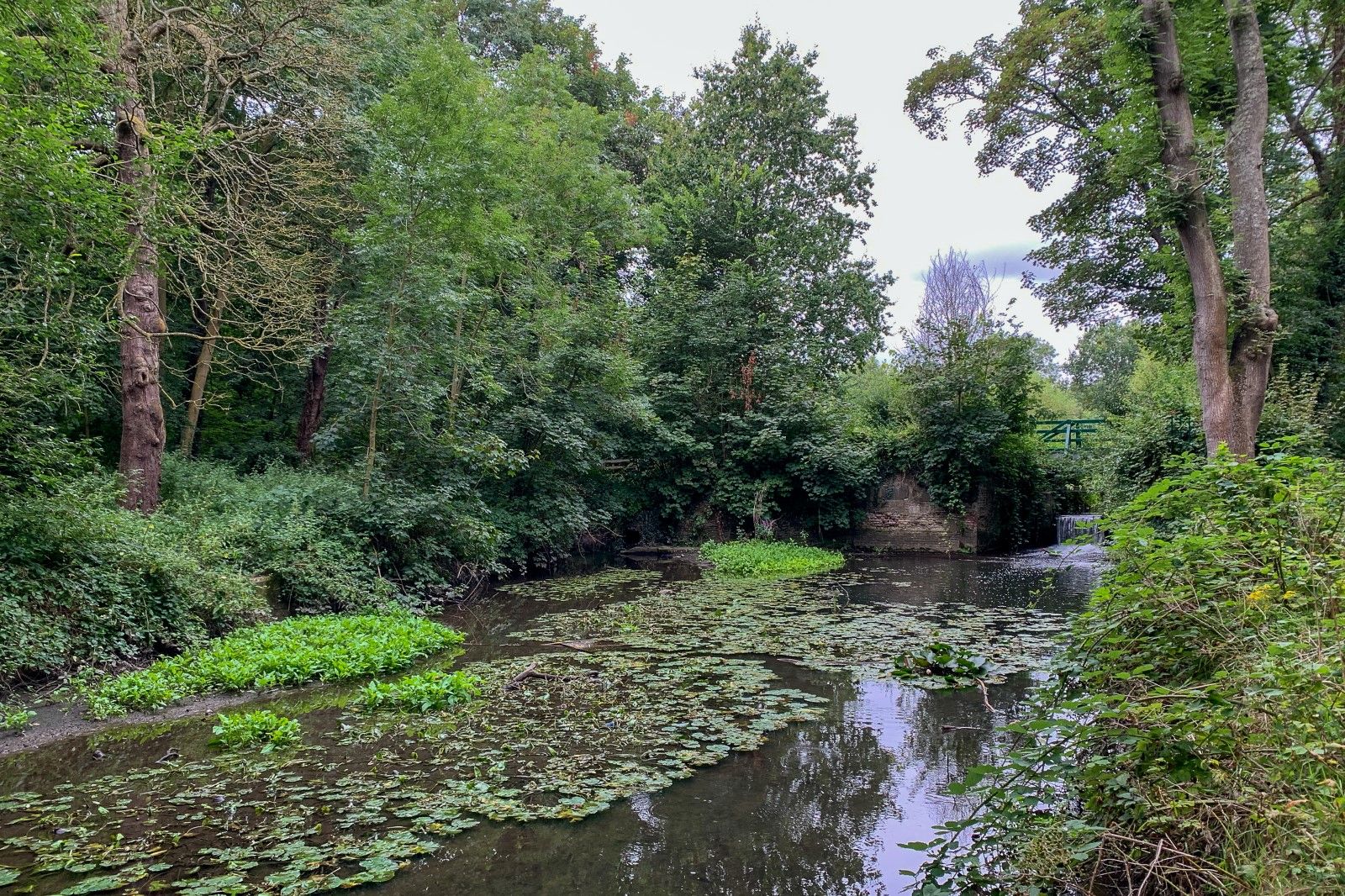Our guidance for designing Local Nature Recovery Strategies

PTES’s guidance is intended to ensure that the LNRSs deliver on their ambition for threatened mammals, by highlighting some of the key threats and potential conservation actions to protect them
Local Nature Recovery Strategies (LNRS) are a key element of the Government’s commitment to addressing the biodiversity crisis in England and helping nature to recover. The 48 LNRS regions will produce locally developed plans to map and prioritise where nature can be restored, better managed and connected.
They provide the opportunity for responsible authorities to plan their conservation delivery priorities for many years to come. Done correctly, they will put wildlife at the core of decision making and help to restore thriving populations of threatened species and habitats. PTES’s guidance (Considering terrestrial mammals in Local Nature Recovery Strategies) is intended to ensure that the LNRSs deliver on their ambition for threatened mammals, by highlighting some of the key threats and potential conservation actions to protect them. We have also included species specific information sheets for our key species to provide further detail on effectively incorporating them into LNRSs.
Guidance PDFs to download
Local Nature Recovery Strategies PTES Advice for Considering Terrestrial Mammals
Hazel Dormouse Species Info Sheet PTES
Water Vole Species Info Sheet PTES
European Hedgehog Species Info Sheet PTES
Traditional Orchards Info Sheet PTES
Mountain Hare Species Info Sheet PTES
Harvest Mouse Species Info Sheet PTES
European Otter Species Info Sheet PTES
This guidance can be used by responsible authorities to help them to properly consider terrestrial mammals in the LNRS, but also by anyone who wants to advocate for the wildlife in their area.
Find out who is leading your local LNRS and how you can get involved via the gov.uk website Local nature recovery strategies: areas and responsible authorities map.
If you have specific questions about species in your area, please email enquiries@ptes.org.
